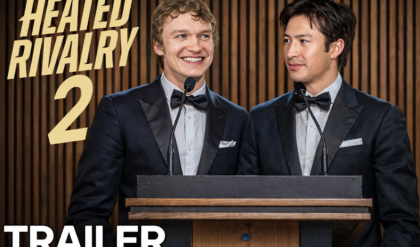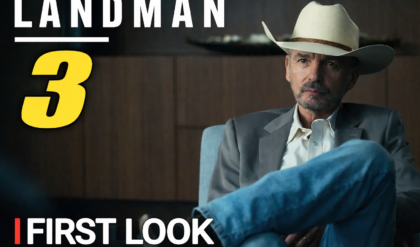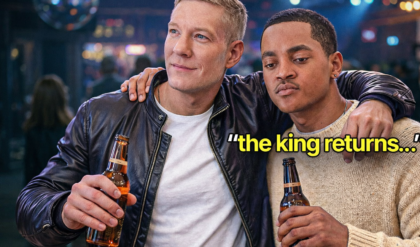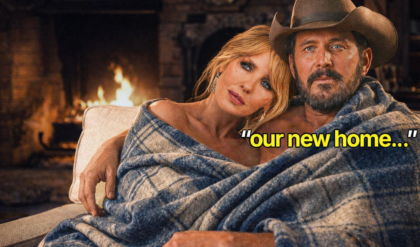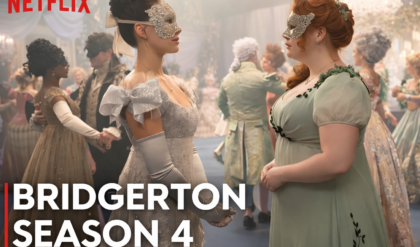According to Candace Owens, the film’s characters & some storylines might be more about Ryan Reynolds’ personal feelings than we have realized.

Have you ever wondered if actors let their personal lives seep into their work? And what if, in the case of Ryan Reynolds, his on-screen persona took things to a whole new level—almost like a calculated move in an intricate chess game? Candace Owens, always unfiltered, has put forward a theory that’s making headlines across social media: Ryan Reynolds’ role in Deadpool 3 could be far more personal—and sinister—than we initially realized.
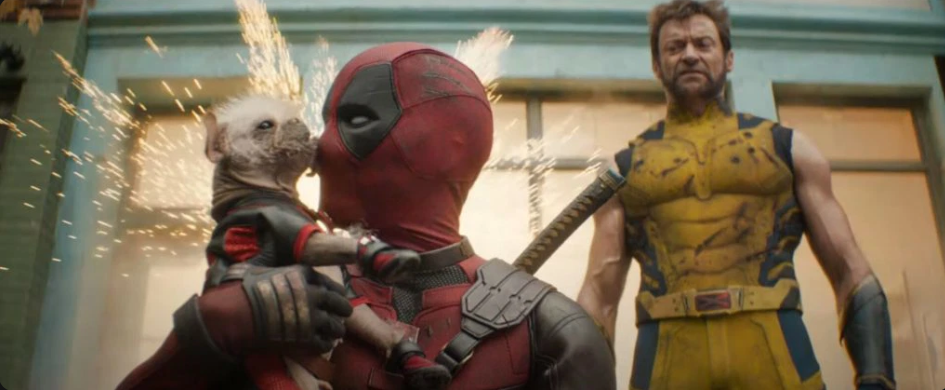 Deadpool & Wolverine | Credit: Marvel Studios
Deadpool & Wolverine | Credit: Marvel Studios
According to Owens’ theory, not only does Reynolds’ portrayal of Deadpool hold subtle jabs, but it also reveals a deeper vendetta, possibly even a personal obsession.
From hilarious banter to chaotic violence, Deadpool has always managed to balance ridiculousness with raw emotion. But according to Owens, this time the narrative has been injected with a bit of Reynolds’ personal grudge. And when you dig into the clues, things get pretty interesting. Let’s break down Owens’ eyebrow-raising theory on why Deadpool’s Dogpool is more about Blake Lively than anyone thought.
Deadpool 3: Candace Owens claims ‘Nicepool’ is a dig at Justin Baldoni
Ryan Reynolds has often made headlines for his offbeat portrayal of Deadpool—a character who doesn’t shy away from dark humor and chaotic violence. But what if this latest installment, Deadpool 3, is not just a showcase of his usual antics?
According to Candace Owens, there’s something far more deliberate at play (per YouTube). In her opinion, the character of ‘Nicepool’ was designed to be a direct hit—a mockery of Justin Baldoni, who Owens suggests might have struck a nerve with Reynolds. She recounted how a colleague shared a peculiar discovery with her over the weekend, which sparked a deeper dive into the oddities surrounding Deadpool and its characters.
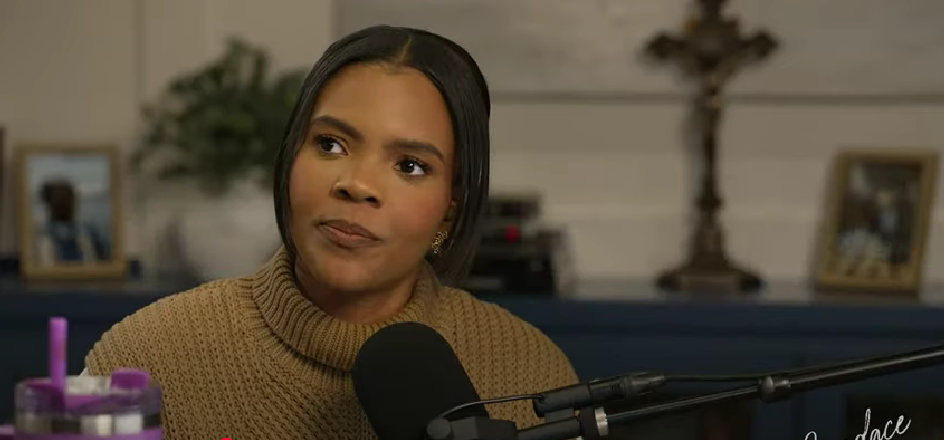 Candace Owens on her podcast | Credits: @candaceowens/YouTube
Candace Owens on her podcast | Credits: @candaceowens/YouTube
According to the book, here’s what Reynolds himself said about the creation of Nicepool, an alter ego in the film:
In one respect, Nice Pool is everything Deadpool wishes he was. You know, easy breezy, gorgeous hair, normal face, gold-plated .50 caliber Desert Eagle pistols, and this beautiful suit. But the thing that Deadpool is most covetous of is, of course, Dogpool.
Owens connects the dots further, suggesting that Reynolds used Nicepool to subtly critique Baldoni’s image. Reynolds, she argues, was secretly projecting his own frustrations and insecurities onto the character.
Candace Owens’ bombshell theory linking Dogpool to Blake Lively?
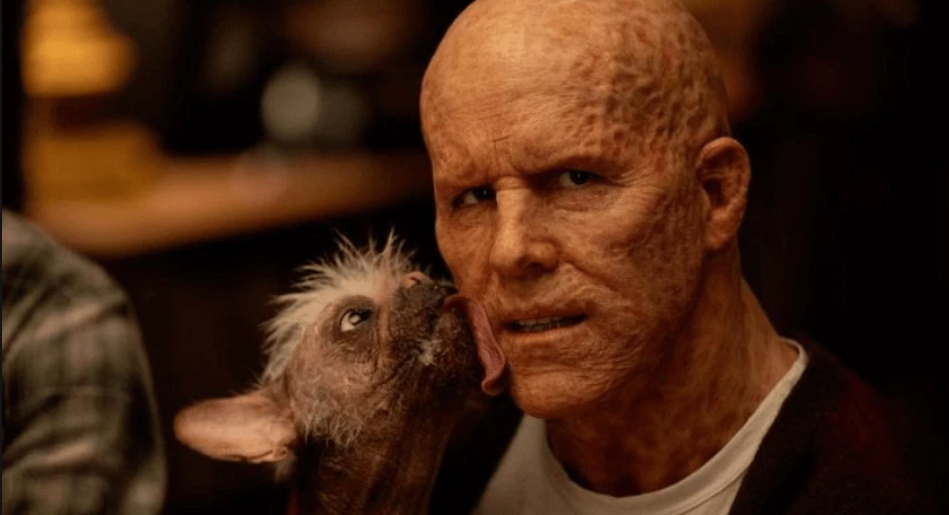 Ryan Reynolds as Wade Wilson with Peggy as the ‘merc with a bark’| Credit: @dogpool/IG.
Ryan Reynolds as Wade Wilson with Peggy as the ‘merc with a bark’| Credit: @dogpool/IG.
Now, here comes the bombshell: Candace Owens believes that Dogpool, the character Deadpool is “covetous” of, actually symbolizes Blake Lively herself:
But the one thing that Deadpool is the most covetous of is, of course, Dogpool. We know that Dogpool is Blake Lively. Okay, like, this is so creepy. So creepy.
So Nicepool initially just existed to serve the purpose of introducing Dogpool, but then it evolved and it grew. The idea appealed of creating this character based on guys you find in the ‘zist’ right now… They may present as very progressive and enlightened. Nice Pool himself identifies as a feminist, but the truth is very different. They’re talking about themselves as these incredible allies, but underneath that, there’s something a little false and probably awful.
Owens points to Reynolds’ more complex motivations—he wanted to set up a character who could be disliked so that later on in the film when Deadpool takes him out, the audience wouldn’t mind:
Reynolds says, ‘I liked that this guy was kind of paving over all of this [expletive]—pardon my language—with his esoteric hot yoga chakra-balancing nonsense and his little top knot and all that stuff. So he planted this seed early that he’s a little fake spiritual, but he also may be the kind of piece of [expletive] that just allows us to not feel too bad about taking his life brutally.’
Owens argues that Reynolds was targeting his frustrations towards the person who inspired Nicepool—perhaps in a metaphorical way, using the character to express his animosity toward those who might have rubbed him the wrong way, such as Justin Baldoni and others in his personal circle.
Candace Owens’ theory sheds a sinister light on Ryan Reynolds’ Deadpool and the characters that come with it. What seemed like a harmless comic-book film, filled with quirky humor and chaotic action, could be laced with deeper psychological motives.
NOTE: While Owens’ theory may provide an intriguing lens to interpret Deadpool 3, it’s essential to note that this is all speculation. Nothing has been confirmed by Ryan Reynolds or the creators of Deadpool to suggest that these personal motivations are embedded in the film.
Deadpool & Wolverine is streaming on Disney+.
